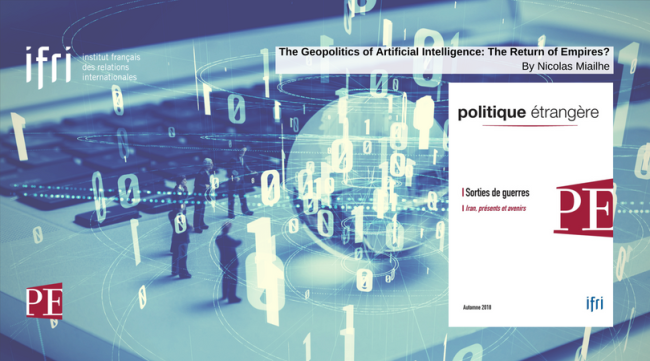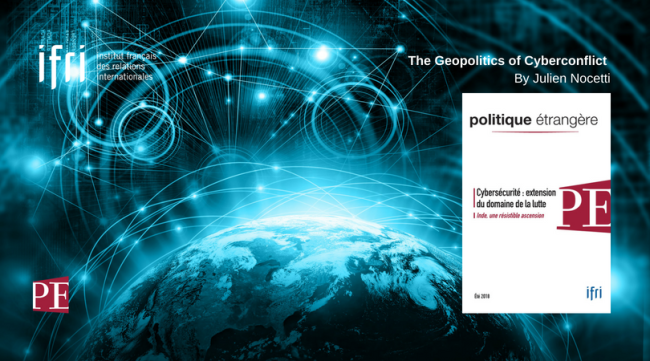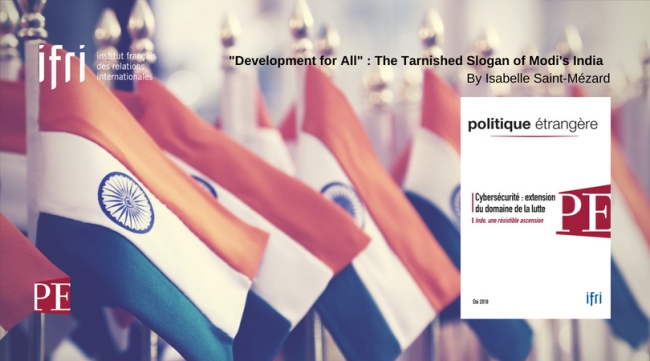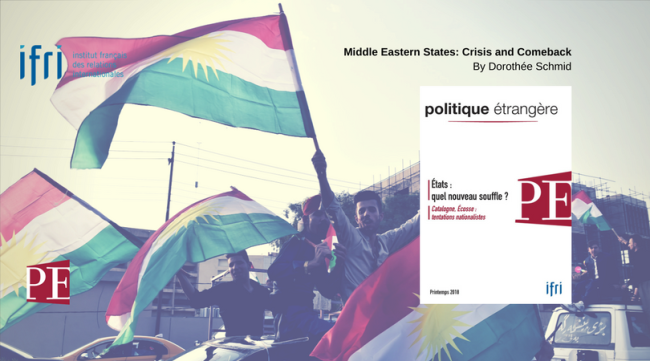Politique étrangère
The Geopolitics of Artificial Intelligence: The Return of Empires?
Artificial intelligence (AI) is swiftly moving forward and becoming a real tool of power.

Cybersecurity and Cyber Defence: From Hacking to Information Warfare
The cyber world has undoubtedly become a part of geopolitics, in the way that it shapes, in its own way, relationships between the actors of the international stage.
The Geopolitics of Cyberconflict
Cyberattacks are becoming more frequent and more sophisticated.
“Development for All”: The Tarnished Slogan of Modi’s India
Narendra Modi’s BJP (Bharatiya Janata Party) has held an unprecedented majority since the 2014 elections.
The European Union's Struggle Against Terrorism
Since 2015, several countries in the European Union have been hit by attacks.

A Second Wind for States?
With globalization weakening their borders and their sovereignty, are states now marginalized on the global stage?
Middle Eastern States: Crisis and Comeback
The Arab Spring has shaken dysfunctional states that were built upon the recurrent use of violence.
Support independent French research
Ifri, a foundation recognized as being of public utility, relies largely on private donors – companies and individuals – to guarantee its sustainability and intellectual independence. Through their funding, donors help maintain the Institute's position among the world's leading think tanks. By benefiting from an internationally recognized network and expertise, donors refine their understanding of geopolitical risk and its consequences on global politics and the economy. In 2025, Ifri supports more than 80 French and foreign companies and organizations.












